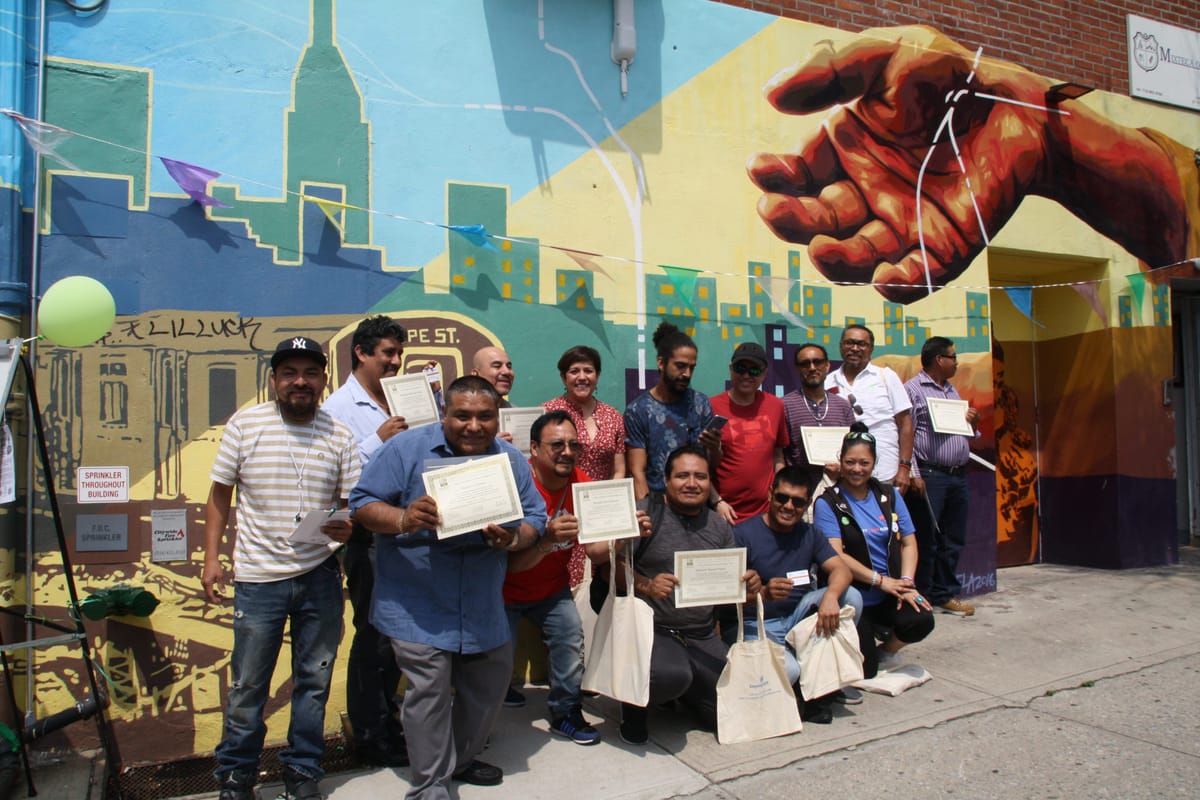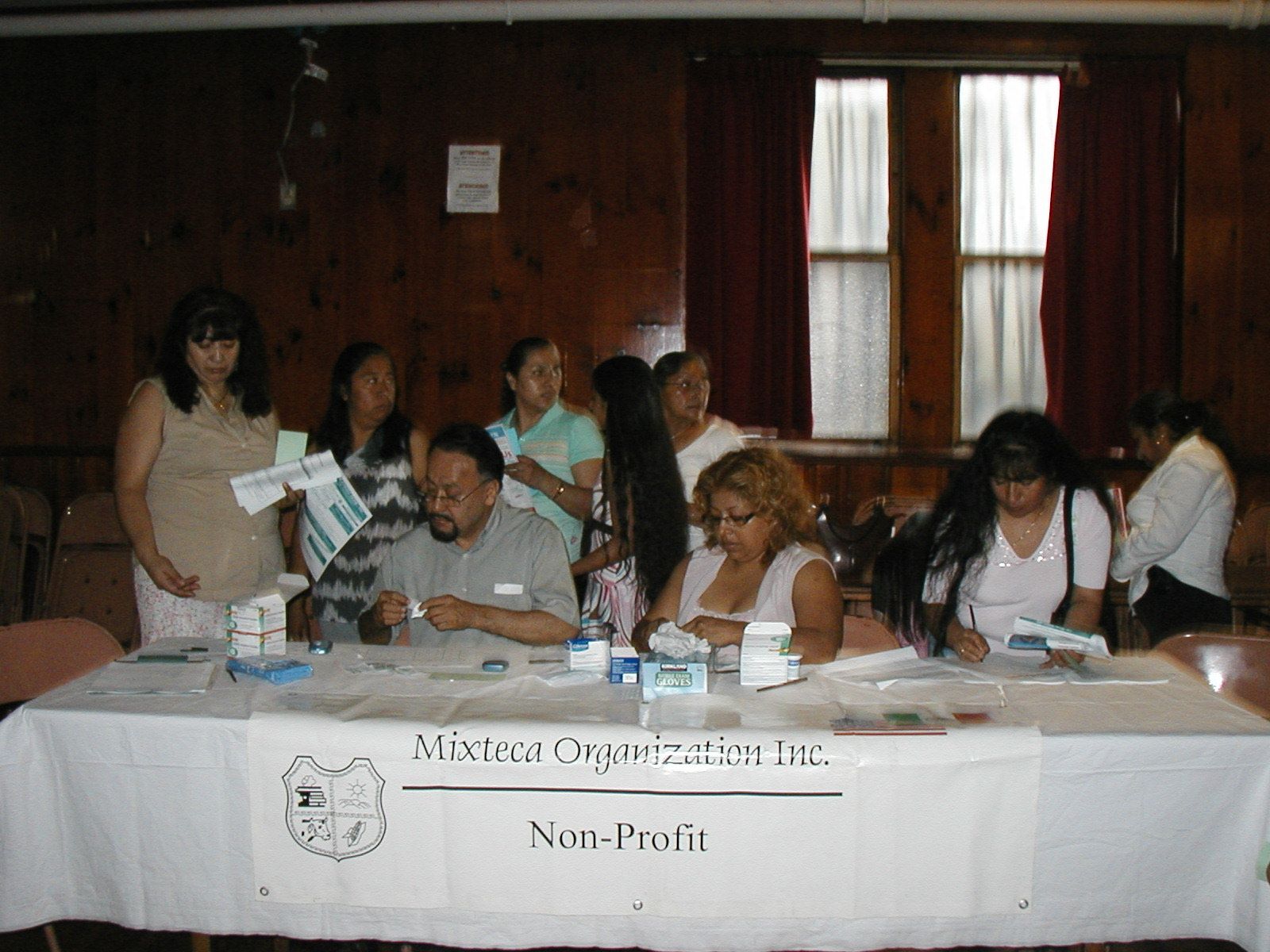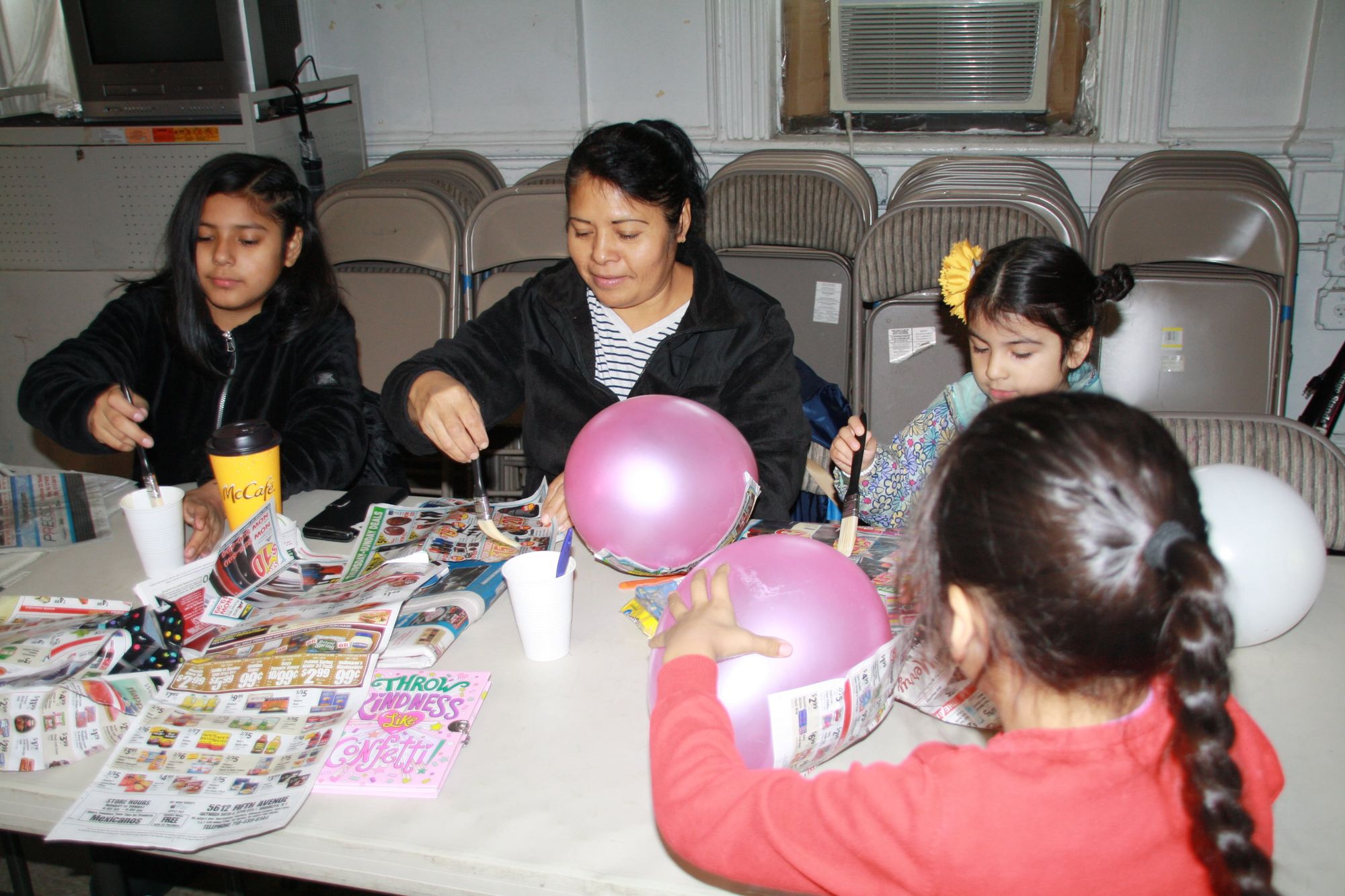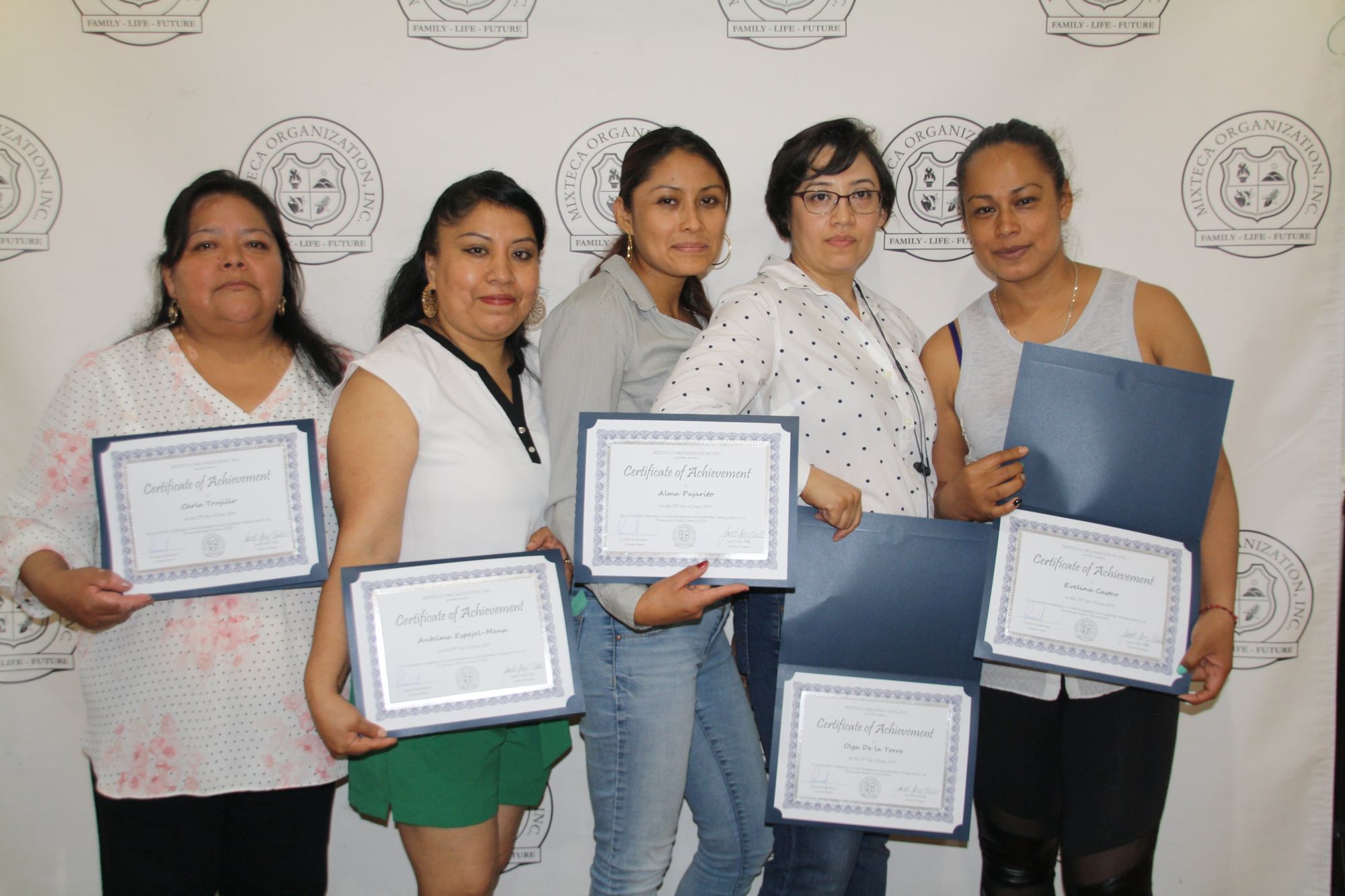Extraordinary Nonprofit Celebrates 20 Years of Serving Latinx Community


SUNSET PARK — Veronica Rosales was born and raised in Sunset Park. She first heard of Mixteca when she was about 10 years old and her mom signed Rosales and her sister up for Historia de México classes that the center offered.
Mexico’s history isn’t something you’ll find taught to many New York City teenagers. It’s really only at Mixteca that you’d find classes teaching the city’s thousands of young people of Mexican descent about the history of the country their families are from. According to census data, there are almost 95,000 Mexicans living in Brooklyn, making up 19.1% of the borough’s population.
“Most of my mom’s family was in Mexico,” Rosales said. “So for me, I felt very glad that they were offering these classes because it was more hard for my mom to explain it to us. Having an instructor was a little more easy because it was bilingual, so if we didn’t understand in Spanish, she said it in English.”
Mixteca’s role in the city is unique in that way. The community organization located at 245 23rd Street in Sunset Park is celebrating 20 years since its founding. In those 20 years they’ve offered everything from HIV testing, immigration rights trainings, to holiday celebrations and art workshops. Today they have dozens of volunteers, from teenagers to adults, many who first received Mixteca’s services and decided to donate their time to give back, doing everything from teaching English classes to assisting with events.
The organization was founded in 2000 by Dr. Gabriel Rincón, a Mexican dentist by training who emigrated from Puebla state. He first started Mixteca to spread information about HIV infection and prevention. In the early 1990s AIDs affected the Latinx community at rates nearly three times as high as non-Latinx communities. Dr. Rincón noticed that there was a lack of understanding about the disease in his community and took it upon himself to give talks in Spanish to educate Latinx immigrants about HIV/AIDS.

From a health advocacy organization, Mixteca gradually grew into a space that worked toward the elimination of cultural, social, and economic barriers holding back the advancement of the Mexican and Latinx communities in New York. When ICE raids occurred in the neighborhood last summer, Mixteca staff went into the community and distributed information about people’s rights together with Mayor DeBlasio’s office.
This year, Mixteca has computer literacy and English classes, as well as domestic violence programs, family workshops, and mental health counselors. They also have a group of “promotoras,” volunteer leaders who hold know-your-rights workshops outside of Mixteca’s official space. In the workshops, leaders discuss the rights people have when faced with an immigration official, updated immigration policies, and stress reduction techniques for those experiencing fear of deportation. The promotoras are part of their immigrant advocacy group, and they also hold cultural programming throughout the year.
Rodrigo Camarena, who heads Mixteca’s board, says the organization is always looking to merge cultural programming with information-sharing. For example, they’ve held workshops where they “might be talking about healthy relationships, but at the same time learning about pottery or weaving.” They always host events for Posadas and Three King’s Day around Christmas-time, as well as events for Día de los Muertos.
Mixteca also received money from NYC to do outreach for the 2020 census. Brooklyn was undercounted in the 2010 census, only 61.9% of New Yorkers completed the census, compared to the nation’s 76% return rate. The undercount shortchanges more than 8 million residents of essential government funding for things like public education or senior centers. Brooklyn was the most challenging borough to count in 2010.

The executive director of Mixteca, Lorena Kourousias, says that they have trained workers who speak various indigenous languages from Latin America to help facilitate people filling out the census, and they’re hosting events at their space to encourage people to self-report so that they don’t find themselves getting a knock at their door from a census worker in the spring.
“It’s kind of special that we’re celebrating 20 years during the time of the census,” said Camarena. “The community has changed a lot over the last 20 years.”
Anyone walking through Sunset Park can attest to that, as the price of rent in the area has been rising and new businesses and buildings are catering to a younger and more wealthy crowd.
“I think a lot of the pressures that people in the community are feeling about the price or cost of rent, the displacement that’s been happening all across Brooklyn, especially now with… Industry City,” Camarena said, referencing a mixed-use development at Sunset Park’s waterfront that is currently undergoing a rezoning for an expansion. “So it’s a critical year to make sure that everyone gets counted, that organizations like Mixteca are around to support community members that are feeling all kind of threats.”
Mixteca has become a mainstay in the gentrifying area. The neighborhood is one of the centers of the Latinx community in Brooklyn. According to the Census Bureau, 50% of its residents are born outside the U.S. and 41% of the residents identify as Latinx.

Rosales says she has stayed involved with the center even though she’s now attending college full-time in Staten Island. She works a few hours every week at Mixteca as an administrative assistant, fielding frequent calls where people are asking where to find know-your-rights pamphlets or how to set up a time to meet with Mixteca’s social worker.
“I think what really made me stick around [at Mixteca] is that since I’m from the area, I would feel that the participants at Mixteca, just seeing them and being able to help them really made me feel really good,” Veronica said. “It just feels like home because everybody’s friendly, everybody knows each other.”
“Mixteca is one of those rare organizations that doesn’t just help others, it inspires them to see their own power and act on it,” said Carlos Menchaca, the council member representing Sunset Park and nearby Windsor Terrace. “And at a time when it feels like the country and the media are turning a blind eye to the realities of immigrant life, that kind of inspiration is necessary to force attention and solutions from elected officials, myself included. We need that accountability and fearless leadership more than ever, and I cannot wait to see how Mixteca accomplishes both in the next 20 years.”
Mixteca will be hosting a gala to celebrate its 20th anniversary on May 7 at Snack Mellon Art Gallery, located at 92 Plymouth Street in Brooklyn.




